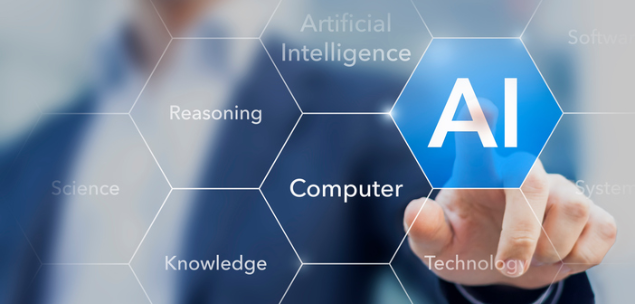A new study offers a business case for adopting artificial intelligence (AI), finding that organisations that are further along in their AI maturity were more likely to have enjoyed faster revenue growth over the past three years.
Commissioned by Infosys, the research report, Key findings from Amplifying Human Potential: Towards Purposeful, Artificial Intelligence, polled 1,600 senior business decision makers at large organisations globally.
Three in four (76%) saw AI as pivotal to the success of their organisation. Furthermore, those working in organisations that have already deployed or have plans to deploy AI technologies expected to see a 39% average increase in revenue by 2020, alongside a 37% reduction in costs.
However, amongst the decision makers working in organisations that have deployed AI technologies, only one in ten believed the current available benefits and capabilities were being fully maximized by the business. Big data automation (65%) and predictive/prescriptive analytics (54%) were found to be the main areas where organisations applied AI.
Andrew Groth, Senior Vice President & Regional Head, Infosys (ANZ) said that two thirds of large Australian businesses are experimenting with AI and many are reaping rewards, with around two in five seeing cost savings, improved productivity and better decision making benefits.
“Australia was the second highest investor in AI of the seven countries surveyed [behind the US] and we expect the AUD$8.2 million average AI spend by Australian businesses in 2016 to increase significantly this year as organisations in every sector look to scale up and broaden their AI strategies,” he said.
“There’s no doubt the nature of work is changing and evolving faster than ever before and this is only going to accelerate in Australia as more businesses look to AI for productivity, safety and cost saving benefits.”
“It’s understandable that some people might have concerns about their current job, but what we’re seeing globally is AI being used to automate the mundane and repetitive tasks, freeing people to focus on higher value creative work that can only be done with human imagination.”
“It’s encouraging that the vast majority of Australian business leaders (71%) are planning to reskill or redeploy their teams to new roles if and when their AI technologies become capable of mechanising repetitive manual labour tasks.”
“The more that Australian businesses engage with AI, the more they will see that AI technology is really a platform to enhance workers, not replace them. Jobs will be evolving.”

